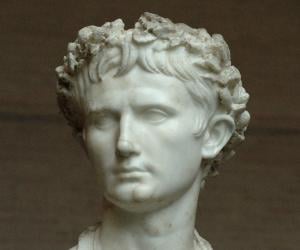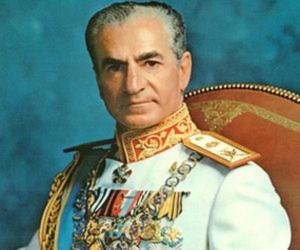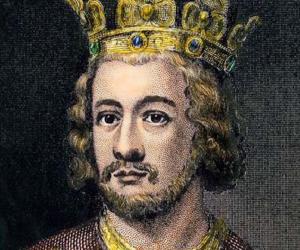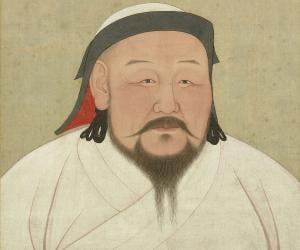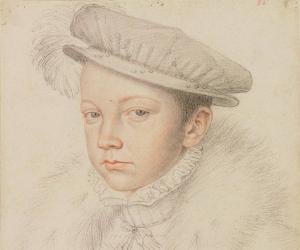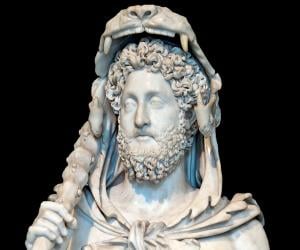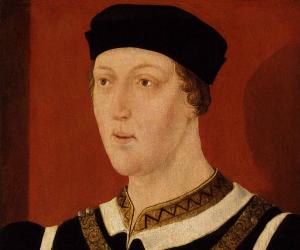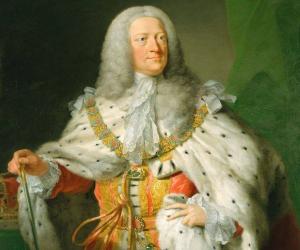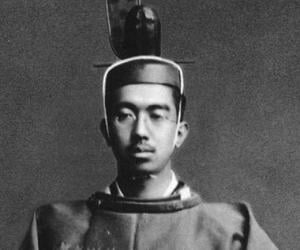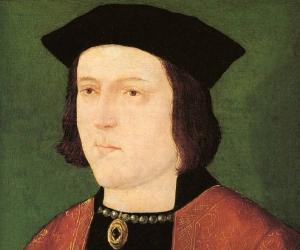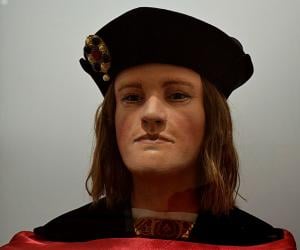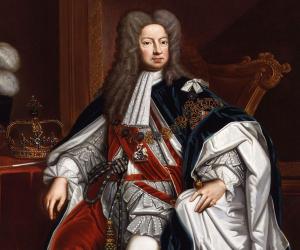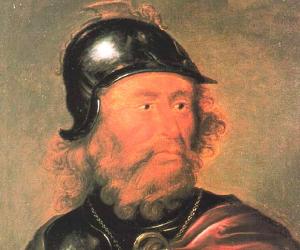Augustus, also called Octavian (adopted name Gaius Julius Caesar Octavianus), was the founder of the Roman Empire and its first emperor. He first gained prominence after delivering a funeral speech for his grandmother Julia as a young boy. Some years later, he was elected to the College of Pontiffs. While studying and undergoing military training in Illyria, he received news of his maternal great-uncle Julius Caesar's assassination. Julius Caesar, who had no legitimate heirs under Roman law, named Octavian as his adopted son and heir in his will. Accepting the inheritance, Octavian traveled to Italia to claim it. However, he soon realized that claiming his position would not be straightforward, as Mark Antony, Caesar's ally and friend, had taken control of Caesar’s assets and papers. After several political alignments, wars, and treaties, Octavian consolidated his power and achieved his rightful place as Caesar’s successor. During his reign, the Roman Empire entered the period known as Pax Romana (an era of relative peace and stability). Augustus implemented a new taxation system, expanded road networks, established an imperial courier system, and created the Praetorian Guard, as well as official police and fire-fighting services. He also led successful campaigns in Egypt, Dalmatia, Pannonia, Noricum, and Hispania, and established client states along the Empire’s borders. One of his significant achievements was securing peace with the Parthian Empire through diplomacy.
Also Known As: Imperator Caesar Divi Filius Augustus
Died At Age: 76
Spouse/Ex-: Livia (m. 38 BC–14 AD), Clodia Pulchra (m. 42 BC–40 BC), Livia (m. 38 BC–14 AD), Scribonia (m. 40 BC–38 BC)
father: Julius Caesar
mother: Atia Balba Caesonia
siblings: Octavia the Elder, Octavia the Younger
children: Agrippa Postumus, Gaius Caesar, Julia the Elder, Lucius Caesar, Tiberius
Born Country: Roman Empire
Emperors & Kings Ancient Roman Men
Died on: August 19, 14
place of death: Nola, Italy
Founder/Co-Founder: Praetorian Guard, Vigiles
After donning the toga virilis, he was elected to the College of Pontiffs in 47 BC, and put in charge of the Greek games the following year.
He was supposed to accompany Caesar to Hispania in 46 BC, but fell ill. After recovering, he immediately left for the war-front but was shipwrecked and washed ashore. He somehow managed to reach Caesar’s camp after travelling across hostile territories which impressed Caesar tremendously and he made Octavius the primary beneficiary in his will.
In 44 BC, Caesar was assassinated by his friends and council-members, leaving Octavius as the political heir and heir to two-thirds of his estate. At this time, Octavius was in Illyria and sailed immediately to Italia.
Mark Antony who had married Octavius’ sister in 42 BC, sent her back in 32 BC, in order to ally with Cleopatra. Augustus viewed this as a sign of desertion and the senate revoked Antony’s consul power. After several unsuccessful wars, Antony and Cleopatra committed suicide in 30 BC.
He passed away on August 19, 14 AD, in Nola after a long illness. The body was brought back to Rome amidst a huge funeral procession and was cremated close to the Mausoleum of Augustus.
Augustus was known for his love of astrology and believed in the power of interpreting the stars to guide his decisions.
He was a prolific writer and poet, composing several works in his lifetime that showcased his creative side.
Augustus had a great appreciation for art and culture, and he actively promoted the arts during his reign, leading to a flourishing of creativity in Rome.
Despite his reputation as a powerful ruler, Augustus had a soft spot for animals and was known to keep a variety of pets, including dogs and birds.
Augustus was a skilled administrator and implemented many reforms that improved the governance and stability of the Roman Empire, earning him the title of the first Roman Emperor.


